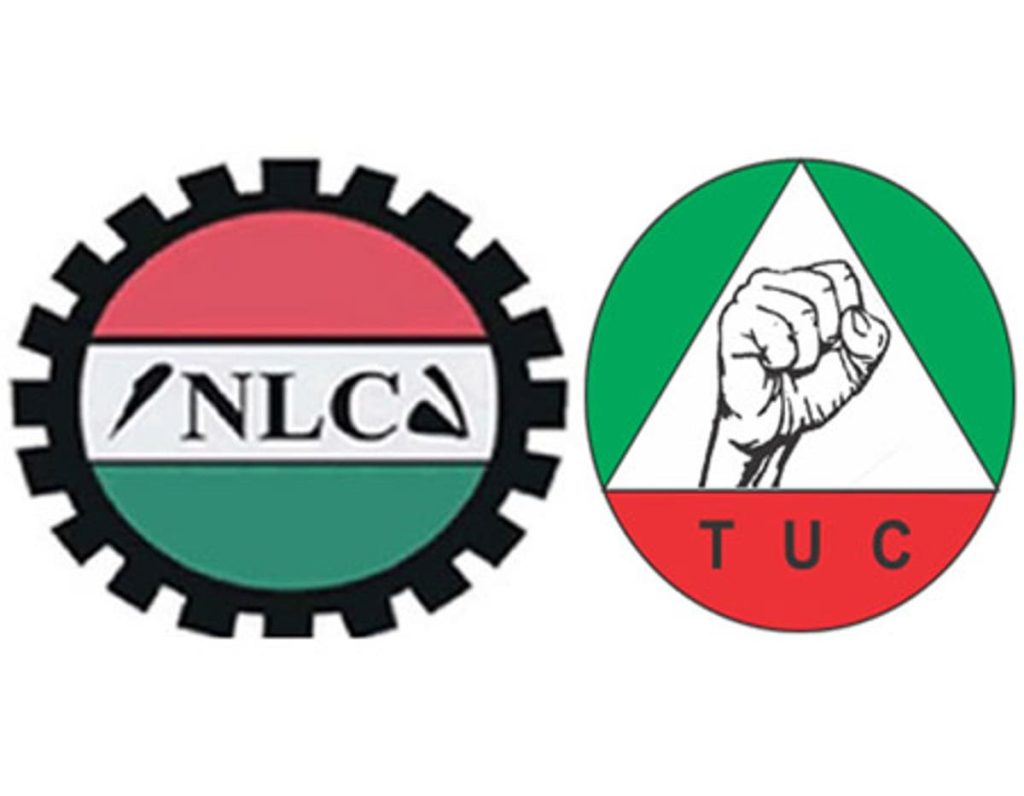Nigeria’s organised labour has vowed to reject any ₦62,000 or ₦100,000 minimum wage proposal for Nigerian workers by the government.
Speaking in an interview Monday, the Assistant General Secretary of the Nigeria Labour Congress (NLC), Chris Onyeka, described such an offer as a “starvation wage”.
He said, “Our position is very clear. We have never considered accepting ₦62,000 or any other wage that we know is below what we know can’t take Nigerian workers home. We will not negotiate a “starvation wage”.
“We have never contemplated ₦100,000, let alone ₦62,000. We are still at ₦250,000, that is where we are, and that is what we considered enough concession to the government and the other social partners in this particular situation. We are not driven by frivolities but the realities of the marketplace, realities of things we buy every day: a bag of rice, yam, garri, and all of that.”
Onyeka reiterated that the one-week grace period given to the government to review its proposal on June 4, would expire by midnight on Tuesday, June 11.

He disclosed that organised labour would meet to decide on the resumption of the nationwide industrial action if the government and National Assembly fail to act on workers’ demands by tomorrow.
He added, “The Federal Government and the National Assembly have the call now. It is not our call. Our demand is there for the government to look at and send an Executive Bill to the National Assembly, and for the National Assembly to look at what we have demanded, the various facts of the law, and then come up with a National Minimum Act that meets our demands.
“If that does not meet our demand, we have given the government a one-week notice to look at the issues and that one week expires tomorrow (Tuesday). If after tomorrow, we have not seen any tangible response from the government, the organs of the organised labour will meet to decide on what next.”
After new minimum wage negotiations fell through, organised labour, comprising the NLC and TUC, embarked on a nationwide strike last Monday to demand a new wage and the reversal of the electricity tariff hike.
However, after a lengthy meeting between the leadership of labour and the National Assembly in Abuja, the labour unions suspended the strike for five days after signing a commitment with the government to resume negotiations and arrive at a new figure within a week.

On Thursday, the Finance Minister presented the cost implications of implementing a new national minimum wage to President Tinubu, about 48 hours after he had been directed to do so by the President.
However, on June 7, labour and the government failed to agree. While labour dropped its demand again from ₦494,000 to ₦250,000, the government offered workers ₦62,000.
In more dramatic twist, the Nigeria Governors Forum claimed they could only afford to pay N57,000 as the minimum wage as any figure above that would lead to a massive retrenchment of workers.


